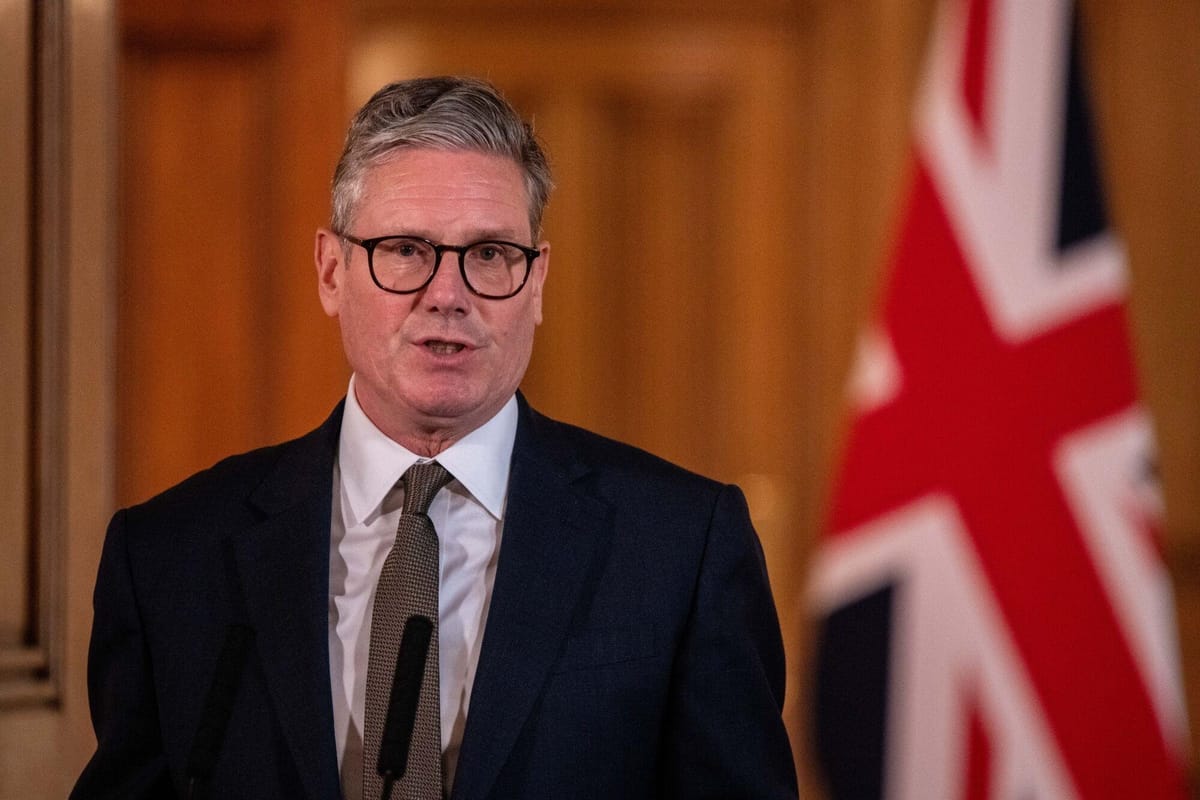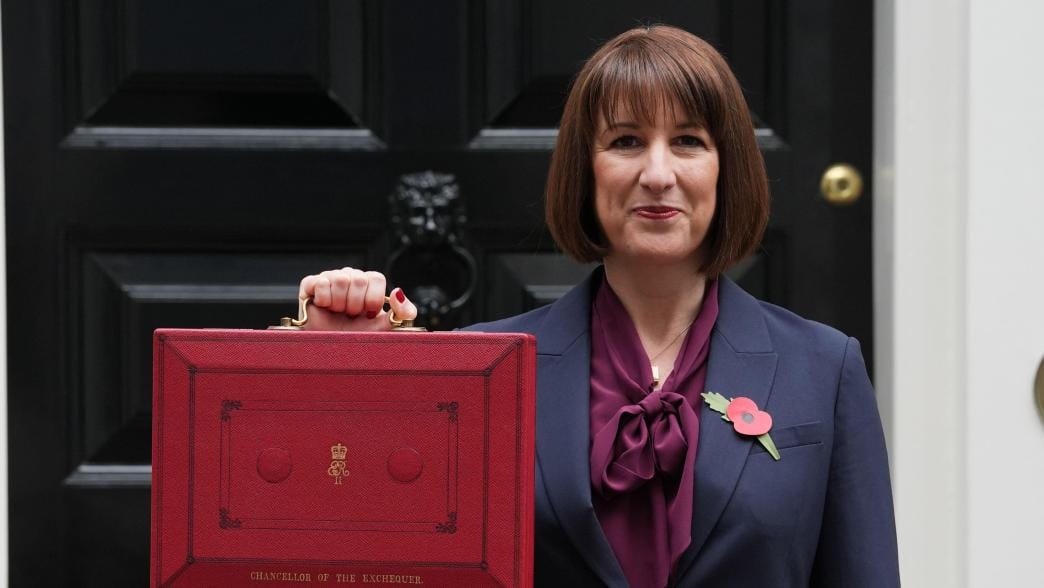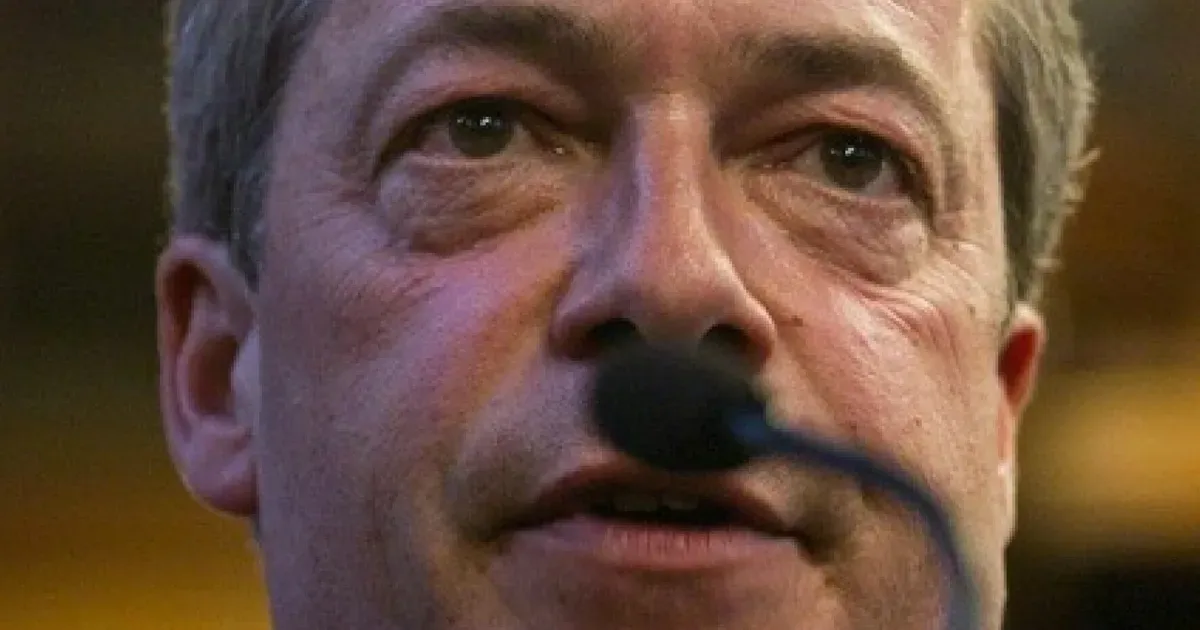A Review of Sir Kier Starmer's first year as Prime Minister
From internal rebellions to international relations, see a balanced assessment of Kier Starmer's first year in the UK's top office.

On 5th July 2024, Keir Starmer walked into Buckingham Palace to receive the King’s invitation to form a government, backed by the largest Labour majority since Clement Attlee’s landslide victory over Winston Churchill at the end of the Second World War. While Attlee governed on a bold socialist platform — founding the NHS, building the welfare state, and launching a vast council housing programme — Starmer entered Downing Street amid a very different landscape: global conflict, deepening wealth inequality, right-wing populism, and a bitterly polarised electorate.
Unlike Attlee, whose radical reforms reshaped the fabric of British society, Starmer entered office promising competence over revolution. His campaign was light on bold ideological commitments but heavy on reassurance — a return to what some dubbed ‘grown-up government.’ With the Conservatives collapsing under the weight of internal chaos and a cost-of-living crisis, Labour’s victory was less a surge of enthusiasm and more a collective sigh of relief.
In his first year, Starmer has faced the challenge of converting that mandate into meaningful governance. Public services remain stretched, wages stagnant, and Britain’s international standing diminished by years of instability and Brexit fallout. Yet with a 165-seat majority, expectations are high — but how is he doing?
Social: A Government Leaning Right
Despite entering office on a platform of stability and compassion, Starmer's first-year social agenda has tilted notably to the right. The PIP reforms triggered a rebellion among Labour backbenchers, marking a sharp departure from traditional Labour solidarity with disabled people. Then came his May 12 immigration speech—famously warning that uncontrolled migration risked turning the UK into an “island of strangers”. Starmer has since expressed deep regret for the phrasing, calling it “wrong and unintentional”. Labour have also struggled to communicate their "vision", whatever that is; an age of social media, misinformation, and inflammatory news headlines has perhaps played a part in Starmer's attempts to appease those who will never vote for Labour in the first place...
Underlying these decisions are concerns about Reform UK’s poll surge, particularly in YouGov surveys. Labour strategists appeared desperate to claw back these voters—even at the expense of alienating core supporters. The result? A growing rightward drift on social issues that risks fracturing the party’s traditional base.
Watch Starmer hark back to the rhetoric of Enoch Powell- an ethnonationalist Conservative MP from the 1960's.
Economic: Tinkering Around the Edges

While there have been many economic policies that can be considered Labour choices, such as Nationalising rail lines, placing VAT on private schools, and increasing employers national insurance contributions, these are all quite easy and timid policies to implement compared to reforms suggested by soft left Labour figures and the Green Party.
Starmer, and his Chancellor Rachel Reeves, have rolled back many of their initial reforms which were a bit more adventurous to make way for more cruel policies that place the burden on the poorest in society. Notably, the rollback of the non-dom tax reform—a flagship proposal—signaled a retreat from bold reform. Meanwhile, the abolition of the Winter Fuel Allowance saved only a few billion pounds annually but proved politically harsh. Also, leading up to this elusive 1 year anniversary of Starmer's premiership, he has faced his biggest rebellion yet from backbench Labour MP's based on PIP and UC cuts which were set to push nearly a million people into poverty– despite insisting they haven't returned to austerity.
The economy also expanded by 0.7% in Q1 2025 . However, the OBR’s March 2025 Economic and Fiscal Outlook (EFO) indicates growth of just ~1% for 2025 and only modestly higher in subsequent years. In short, while the surface shows signs of progress, the structural framework remains intact—leaving wealth inequality unresolved.
International: Statesman with Party Strains
On the world stage, Starmer has restored a degree of gravitas to the UK. His calm professionalism in summits has contrasted sharply with both the preceding Conservative chaos under Boris Johnson and mounting volatility from Donald Trump’s U.S. return to the Oval Office. But this steadiness has not sheltered him from internal strife. Starmer has successfully bolstered UK-Ukraine relations, formed a closer relationship with the EU, and has negotiated away Donald Trump's tariffs at every opportunity, as well as negotiating a trade deal with India.
The biggest domestic challenge came with Gaza: Labour’s left pressed Starmer to take a stronger stand against Israel. While he eventually demanded greater humanitarian access, his response was widely deemed too cautious—warming neither the progressive wing nor Muslim voters.
See Starmer's first meeting with President Trump in Full
Conclusion: Delivery Isn’t Enough Without Vision
Starmer’s ethos—shaped by his chief of staff Morgan McSweeney’s “make people’s lives better” delivery model (echoing his Barking success during the BNP challenge)—clearly values pragmatic results. But as inequality deepens, voters are increasingly crying out for systemic overhaul, with figures like Nigel Farage and Reform rising on populist discontent.
Without engaging in a meaningful redistribution agenda—or championing core Labour policies that confront entrenched inequality—Starmer risks rendering Labour a one-term government as good will with the core leadership has subsided. The path to 2029 demands more than perceived delivery; it requires vision. Otherwise, Labour’s majority may unravel just as fast as it formed.


